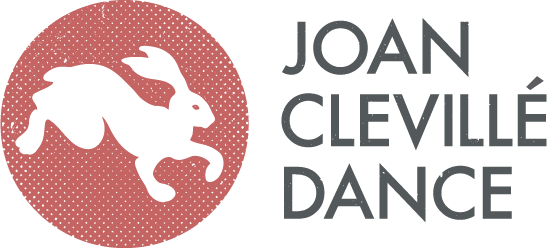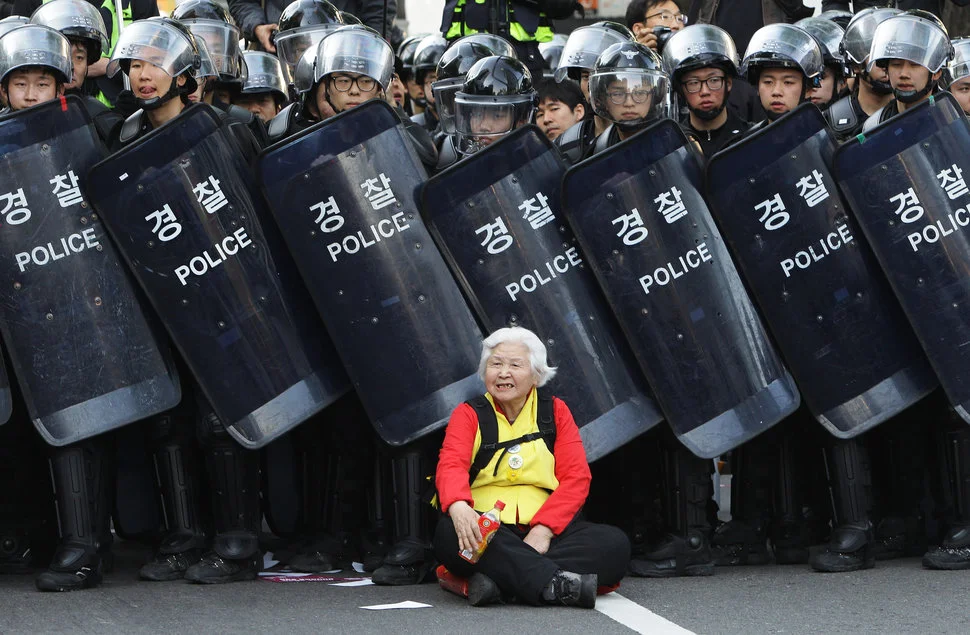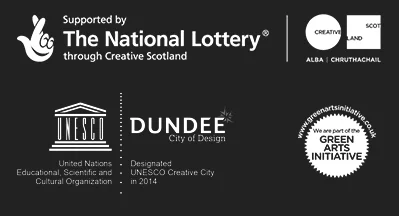Dramaturgy and conflict: exploring agonism in Antigone, Interrupted
As a choreographer working primarily in the “dance theatre” genre, I have become increasingly interested in dramaturgy and understanding what makes a dance theatre work successful. Although the field is mined with potential pitfalls (predictable narrative, flat characters, superficial treatment of a subject matter), I believe that it is also possible to rigorously explore the tension and interplay between meaning and abstraction, allowing one to take over from the other as they are stretched to the point of collapse, leading us to unexpected insights that tell us something new about ourselves and the world around us.
I must confess that when I plunged into my first full-length creation in 2014, Plan B for Utopia, I had little idea of what I was going to do and how. It was an instinctive creative process, guided by trial and error and the infinite patience and generosity of the performers. This had its own advantages and disadvantages, and I feel that part of the success of the work lies on its sincerity and strong desire to communicate.
During the second half of the creative process, we had the opportunity to work with playwright Ella Hickson as a Dramaturgy Advisor. One of the many things I learned from her, was that in order to keep our audience engaged, there needed to be a sense of dramaturgic conflict in the work, something that would give resistance to the performers and allow them to drive their actions with purpose.
In the case of Plan B for Utopia, we discovered that although both characters share the same goal (changing the world through the humble medium of contemporary dance), they both have very different ideas about how to get there. One is an idealist, the other a realist. And throughout the work they are forced to reconsider their own position and find new ways of co-existing and working together to achieve their goal. This is what the audience are investing on when they watch the piece, allowing them to make sense of the more abstract passages and constructing meaning that is personal and significant to them and their lives.
Thanks to the support from South East Dance through their Collaborate programme, we have now had the opportunity to work again with Ella on the research and development of a new solo work with performer Solène Weinachter: Antigone, Interrupted.
This time around, there is plenty of conflict at hand: the Greek tragedy of Antigone is not only the story of a young woman who puts her body on the line to defend what she thinks is right, it is also the story of Creon, the man who sentences her to death in order to protect the Law and Public Interest.
How to convey the sense of conflict between these two characters with a single performer has been one of the main challenges and driving forces of our R&D so far. Some work has happened in the studio, creating choreographic devices that allow us to identify who is speaking. For example, we would determine the primary goal of each character in a given scene and develop a physical trademark (a gestus), which was then embedded in the choreography. We have also considered strategies to recruit the audience (who will be sitting around Solène) to give her resistance, to play the role of the other.
It is precisely dealing with otherness that seems to be at the core of this story and our enquiry. When Creon condemns Antigone to die, he annihilates any possibility of dialogue or discussion. He literally leaves no room for her in the city.
But what if space for conflict and disagreement were to be at the core of our democratic systems? An agonistic model where the political adversary is respected and celebrated rather than demonised and humiliated. A model where we acknowledge our vulnerability and inter-dependency. Where empathy and solidarity are not in binary opposition to conflict. I am reminded of how in contact improvisation it is the combination of yielding and pushing into your partner that allows you to create momentum and make each other fly.
Our discussions with Ella have opened a whole new level of exploration in our research, and as we move forward in the coming months, I look forward to better understand the significance of disagreement and conflict, not only in dramaturgy, but in our everyday lives, in politics, in our creative processes. I suspect there is still a lot of creative fun to be had in negotiating our differences in the studio…
Antigone, Interrupted will premiere in Spring 2020 and tour across the UK. So far, our research has been supported by South East Dance, The Work Room, Dance Base, The Wellcome Collection and The Place.


